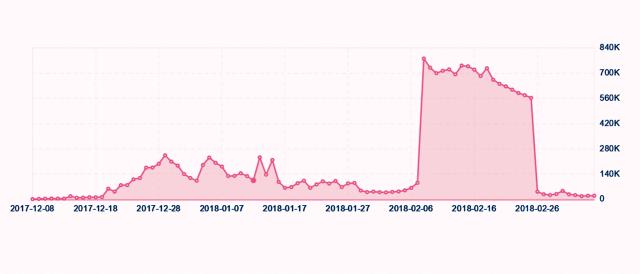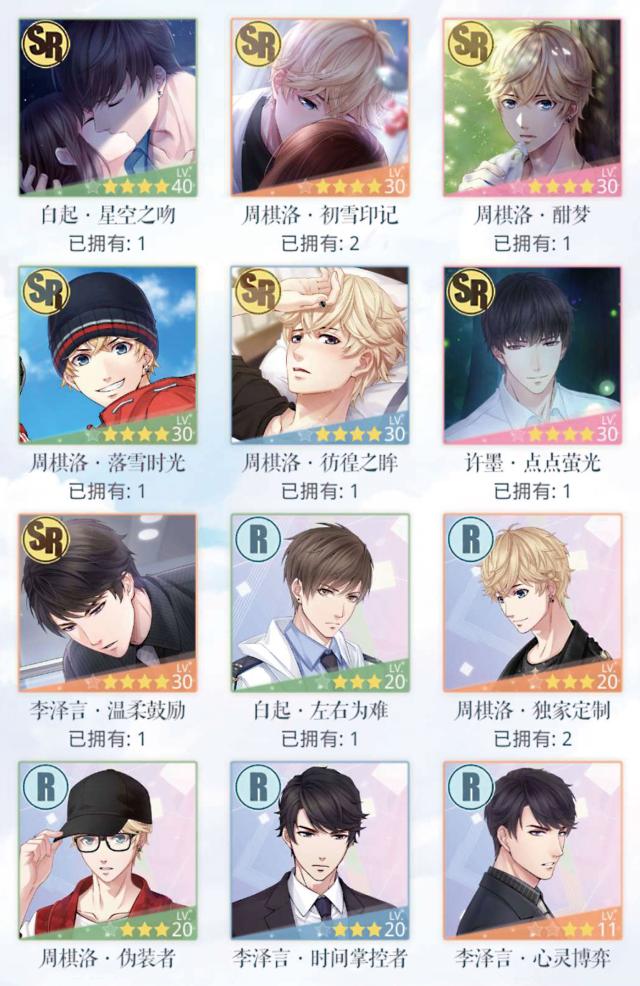The problem for PapeGames is that not all of its users are so devoted. More are waking up from their romantic dream thanks to PapeGame’s intention to empty their non-virtual wallets.
“I only spent 300 yuan (US$46) in the game, and I quit once I saw through its greed,” Huang Zixuan, a 27-year-old designer in Shanghai, told ChinaReport.
Cao Xueling agreed. She spent nearly 1,000 yuan (US$154) before uninstalling the game. “PapeGames’s growing desire to make quick money has finally disgusted me,” she said.
On the game’s bulletin board threads, more players are complaining about the growing cost, while the quality of game, they claim, is declining. The products they get are not as high quality as before, such as birthday cards sent on the virtual lovers’ birthdays.
At TapTap, a popular Chinese game platform similar to the App Store, Love and Producer was only rated 5.7 out of 10. Many raters commented that the game focused too much on making money for the players to enjoy it. Recent data from Weibo, China’s Twitter-like platform, showed the popularity index of Love and Producer has plunged since it peaked during Chinese New Year, when the country is on a week-long holiday.
Ironically, it may be PapeGames that shot itself in the foot after it posted an advertising video that fans slammed for humiliating them, depicting them as women who would fight over their virtual boyfriends or who would show them off as if they were real.
“We call ourselves Mrs. Bai or Mrs. Li just to make more fun. It’s ridiculous that PapeGames made use of it,” Cao said. “The video made us all look like losers living in a virtual world.”
On Zhihu, a Chinese question-and-answer site, one user railed against the video.
“PapeGames is libelling the players by imagining women are attempting to fill their emptiness inside with virtual people. Are you pleased that you have seen through the players? Wrong! Do not assume that we will truly be with a virtual person forever,” the post said. “Your game is not the sole option... Even though the gaming market for otomes has not yet fully opened, we can even turn to men’s games,” it added.
The criticism was widely echoed by many other players. One top-ranked player renamed herself: “A company that drives players away.” Stung by the fierce criticism, PapeGames posted an apology and pulled the video. They introduced a new feature where players could choose their favourite man to talk with them if they could not fall asleep. But these efforts seem to have had little effect.
“The decline is inevitable. I think Love and Producer’s story is increasingly dull and its gaming functions haven’t changed. People will get tired of it when those fresh things are no longer fresh,” Cao said.
“Players have to act as the same virtual girl, so they’ll have less empathy [for the character] as the story goes on. When the game asks me to make decisions for the virtual character, I often found that none of the choices appealed to me,” she continued.
“Another good example is that players are often ‘forced’ to date all of the four men for the needs of the plots, but most players only like one of them... I definitely did not want to date Bai Qi on Valentine’s Day,” she added.
Huang Zixuan agreed. She told ChinaReport that she now prefers to appreciate Love and Producer fan art posted online, which she thinks is more interesting, and more importantly, free of charge.

 Old Version
Old Version



